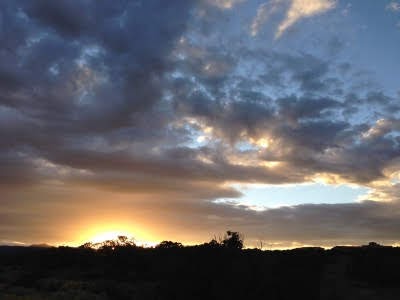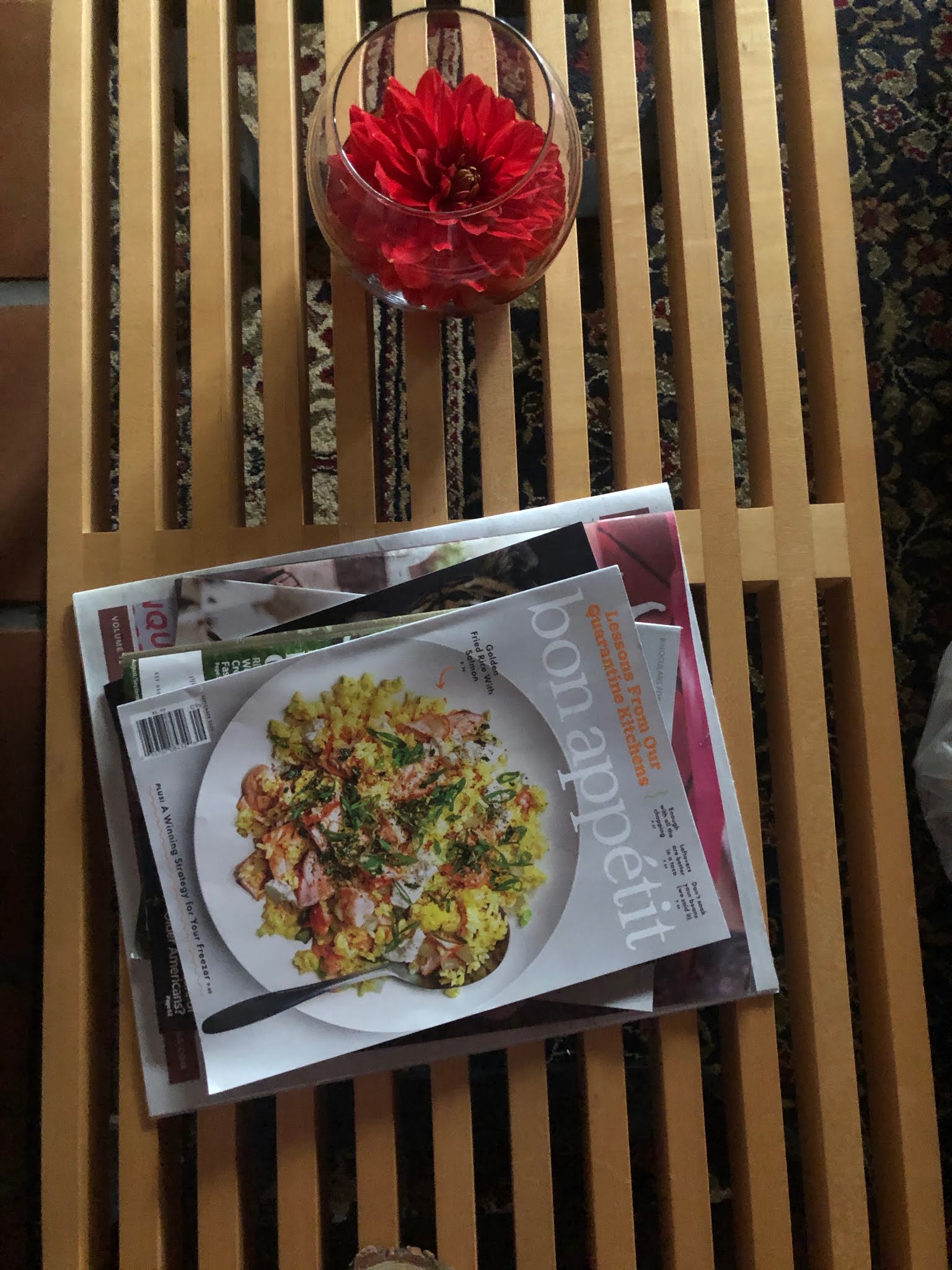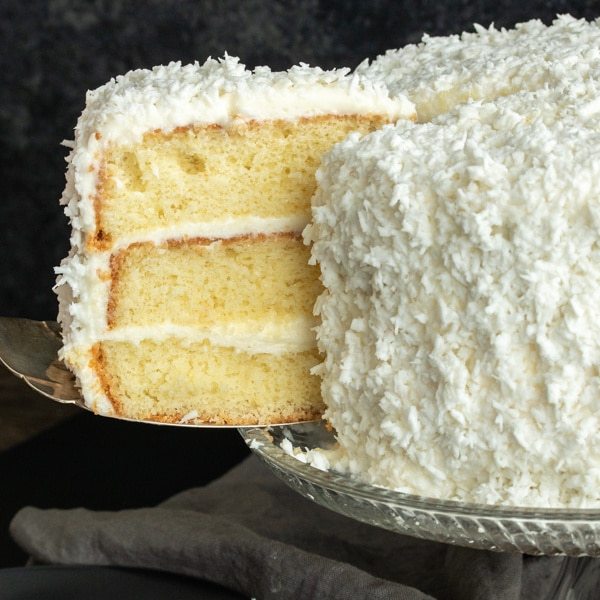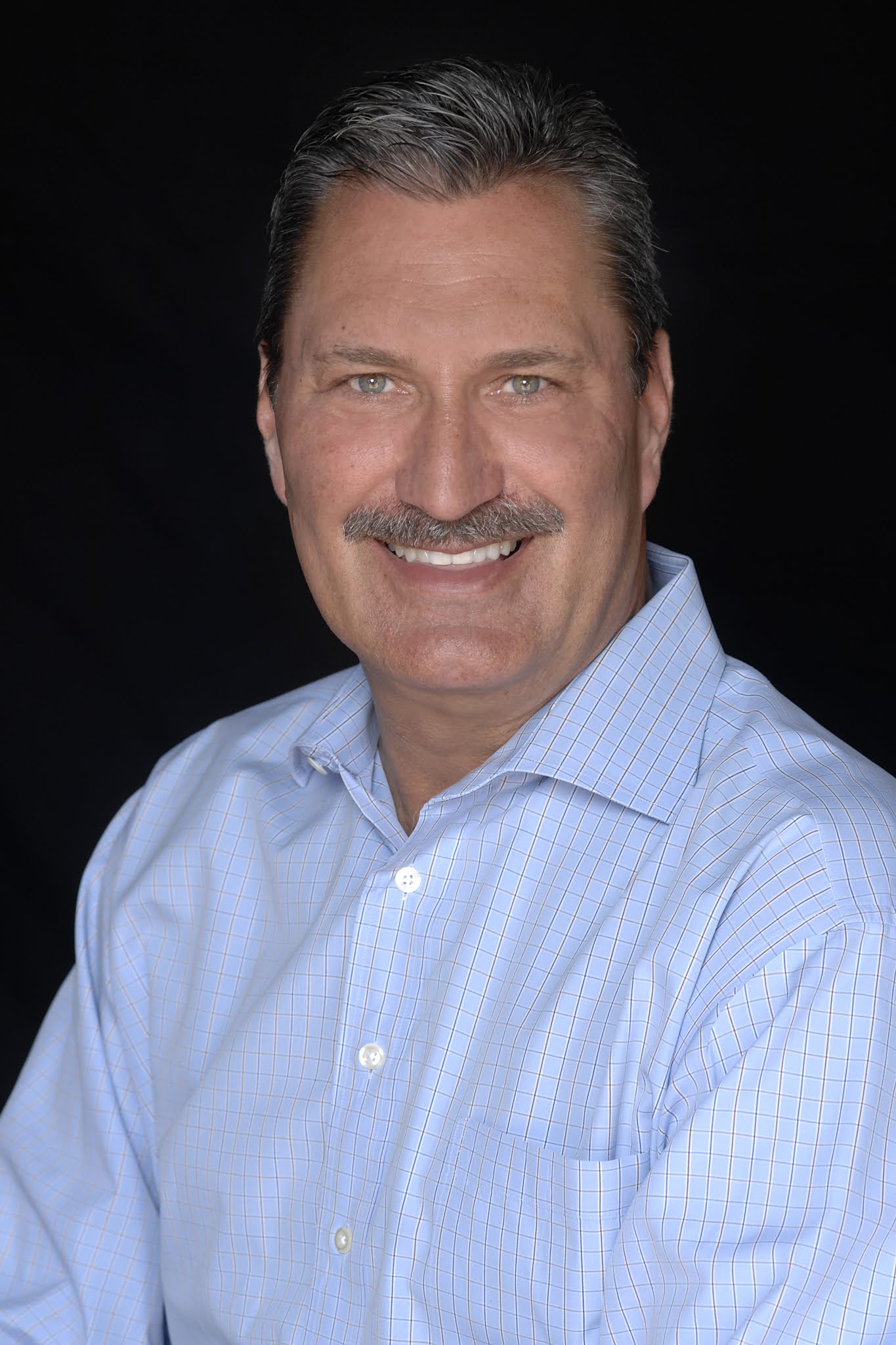A Talk at The Celebration, Santa Fe, New Mexico, June 22, 2014
Click here to listen to this talk
The title of my talk is “Empowering Ourselves to Heal.’’ For most of my life I wouldn’t have been caught dead at a talk with a title like that. I was a journalist and therefore skeptical of most of the New Age, self-help, pop culture—especially those as-seen-on-Oprah spiritual gurus and the drivel upon which they made their millions.
Ahem. I’ve changed. In 2008, at age 52, I had the realization that all my life I had been leaning to the left, as I like to say, living in a world defined by rational, left-brained, scientific, concrete, “male” values, if you will. I was my military father’s daughter. And those things made me a really good journalist. But it just wasn’t working for me anymore. I wasn’t happy. Carl Jung, the great Swiss psychiatrist, summed up my problem—a problem many of you have no doubt confronted yourselves, especially if you are over 50. Jung said, “Thoroughly unprepared, we take the step into the afternoon of life. Worse still, we take this step with the false presupposition that our truths and our ideals will serve us as hitherto. But we cannot live the afternoon of life according to the program of life’s morning, for what was great in the morning will be little at evening and what in the morning was true, at evening will have become a lie.”
“Leaning left” had become a lie for me. So I consciously began to lean to the right—into the imagination, the spiritual, the abstract, the subjective, the mythopoetic, the dream world—in the hope that I could bring myself into better balance. Better balance within myself, and with the Universe, with Spirit, with Goddess. I decided to suspend disbelief and skepticism, say YES to everything and say NO to nothing. And I asked the Divine to help out. The exact words I wrote in my journal were: “Please crack open my heart.”
We get what we ask for, as they say. I moved with my then-partner to Berkeley, leaving my beloved Santa Fe and my friends here behind. I thought I was going on an adventure, and I was. I just didn’t know it would be a spiritual adventure. And then all hell broke loose. Here is what happened: I left behind my career as an art journalist and critic; I just couldn’t do it anymore. I met a marvelous, 85-year-old woman named Beth who lived next door to us in Berkeley and was sick and alone, and I began taking care of her. I somehow knew I was in that house to see Beth to the threshold of death, and indeed I was holding her hand when Death came for her. Beth’s wasn’t the only death during this time. Sevenpeople I loved, including Beth and my father, died in fairly rapid succession.
I was swimming in a river of grief and loss. And partly because of that I decided to go to seminary and became an interfaith minister. I wanted to be a medical chaplain, to sit with people as I had with Beth, to serve other people who were sick and/or dying. So after I was ordained, I spent a year in a hospital training as a chaplain There I accompanied many people through illness and some to their deaths. In one particularly memorable week, I sat with seven people as they drew their last breaths. I had by then realized I had an uncanny sense of when my patients were actually going to die; I would just get a “call” in my head, to show up in their rooms. Then, toward the end of my chaplaincy training, my long-term relationship ended—as happens to many people who pursue a spiritual vocation—and I started looking for a job as a chaplain.
Some of you have no doubt heard of the Holmes and Rahe Stress Scale. It assigns values to stressful life events, good and bad, and based on that calculates the likelihood you’ll have a serious illness within a year. Around this time, while I was looking for a job, I took the test—and I scored 605. A score of just 300 puts you at the highest risk for having a serious illness in the near future. I remember idly wondering what illness I might get, if the test proved true. But I put it out of my mind, like a bad horoscope.
No chaplaincy job presented itself in California and ultimately I moved back to Santa Fe in 2012. I figured at least I had good friends here, gas was cheaper and the traffic was so much better than in the Bay Area. I began an independent practice as a minister, and after several months of looking, I got a halftime job as a hospice chaplain. Just when it seemed like things were beginning to really develop, I awoke one morning with a voice in my head that said, “You have a lump in your left breast.’’ Indeed, something was developing. The Holmes-Rahe test had been right.
Intuitively, I knew it was cancer. So here are the CliffsNotes on my illness: My cancer was caught early. I had a lumpectomy and radiation therapy and was under the weather for most of a year. Good friends kept me afloat emotionally and financially during that time. I had to quit my job as a hospice chaplain; I found I couldn’t comfort those who were dying while I was wondering whether I was dying.
During the time I was sick, I wrote a personal blog I sent to friends and family to keep them updated on my condition, and to keep me sane. I called it “The Booby Blog.” I also kept a special cancer journal. I’m working on a book based on those two things and hope soon it will be published. It’s called The Booby Blog. I hope you will sign up on my email list so I can let you know when it’s out.
I want to share with you some of the things I learned on this spiritual adventure called Cancer.
One of the first things that happened when I was diagnosed with cancer was I realized I was going to die. Maybe sooner than I thought. Despite the many deaths I had witnessed, my own had remained an abstraction until I had cancer. Then, and throughout my illness, the sudden thought that I will die someday would hit me like a fist to the gut, and I would find myself hyperventilating and quaking inside. And every time it happened, after the panic attack subsided, I would think, “If I’m going to die, I don’t want to miss anything, this, the right here, right now.” So I would go outside and look up at the beautiful Santa Fe sky, or look into the eyes of the friend across the table from me, and say a little prayer of gratitude for the grace to experience that moment. The Tibetan Buddhist continually contemplates his own death. It isn’t a morbid practice. Contemplating your own death keeps you rooted in the present moment. So the first big lesson I got was: We’re all going to die. Really. Think about it—and keep thinking about it.
One of the other things I realized was that, despite all of my clinical training, and despite the fact that I knew better intellectually, unconsciously I wanted to believe that there was some outside authority, an expert—perhaps one doctor who was a lot like Dr. Oz, or Dr. Weil, or Marcus Welby, M.D.—who was going to have all the right answers for me. It was a curious kind of fundamentalism—cleaving to the idea of absolutes, Truth with a capital T. In fact I found my medical caregivers to be ordinary people with particular backgrounds that prepared them to give me some advice. But no one person could tell me everything I needed to know to heal, or how to make the decisions that faced me. Should I have a lumpectomy or mastectomy? Should I take the long-term regimen of hormone-repressing drugs or were the side effects so bad I should forego them? Should I do the standard protocol of radiation or not, knowing that the radiation would kill my healthy cells as well as any cancerous ones? Lesson Two: There is no outside absolute authority when it comes to our own healing, whether physical, spiritual or mental. I am the expert on me, and you are the expert on you!
A corollary to that lesson was that I had to take responsibility for my own recovery. As a chaplain, I had heard many a patient blame their doctors for their illness, or for its advancement, or for their impending deaths. It was never true. Blame is just another function of denial. And I didn’t want to be in denial, not anymore. So once I quit pretending that anyone else knew what was best for me or even good for me, once I gave up the “outside authority” idea, I listened to what everyone had to offer, including the doctors, and did what felt right for me, in my guts. It was terrifying. One of the things I decided was I was not going to do a drug protocol that had the potential for severe side effects. When I told a nurse about my decision, she said to me, “Well, you’d better think about how you’ll feel if you have a recurrence.” So I thought about it. I decided that if I had a recurrence, there would be no way to tell whether it had anything to do with not taking the drugs. There is no simple cause-and-effect with cancer, or most illnesses or even personal crises. Life is much more complicated than that. I decided I could live with my decision, even if I died. I ignored that nurse and anyone else who wagged their finger at me and insisted I do what they recommended. Science supports this notion of DIY recovery, Do-It-Yourself Recovery. Numerous studies have shown that patients who are described as “feisty” or as having a “fighting spirit” and being “uncooperative” live longer than those who are considered “good” and “compliant” patients. That’s Lesson Three: Take responsibility for your own care—body, mind and spirit. Assert yourself!
Another thing that came up for me was that I suddenly recognized I was doing what I also had seen so many patients try to do: Trying to control things. With a life that seemed out of control, a life being run by some invisible and frightening power called Cancer, I took control of everything I could. What did that look like? I researched cancer on the Internet. I read books on cancer. I went to see every alternative practitioner I could afford: a hypnotherapist, an acupuncturist, an alternative M.D., a nutritionist. I went to yoga, I prayed, I meditated. As soon as possible after my surgery, I started walking, and then running, again. I took dozens of supplements. I quit eating dairy and soy and gluten and any processed food at all. And then I remembered James Fixx, the man who popularized running through his 1970s book, The Complete Runner. James Fixx ran 10 miles a day and did other strenuous exercise daily, and at age 52, he dropped dead of heart disease. There are no guarantees. I had been practicing a form of denial, of superstition, a secret belief that said, “If I just do all the `right’ things, then my cancer will be cured and it won’t come back.” Yet my smarter self kept whispering, “Yeah, but there are no guarantees.” Whether I allow myself one tiny slice of flourless chocolate cake a month or binge on Ding-Dongs every day, my cancer might come back. Lesson Four: We have no control over anything, and certainly not over illness; control is an illusion.
So far, this talk is pretty depressing, right? We’re all going to die, no one is coming to the rescue, and it’s all out of control! But they all led to the next lesson I got.
How many times have we all heard the cliche, “Let go and let God”? I’ve heard it so many times myself I want to smack anyone who utters it. Sometimes it sounds too much like giving up. Yet there is some truth hidden in that phrase. Resistance to what was happening was causing me so much pain that I finally started to consciously practice surrender, every single day, to whatever happened that day. For me, it was more of a Buddhist thing than a theistic notion. Instead of trying to change my life, I just kept surrendering to the moment, to the circumstances of the day. It felt better than resisting. Did I do this perfectly? Of course not. But I tried to consciously make that mental shift, and I integrated it into my regular spiritual practice. That’s Lesson Five: Just surrender, whatever that means to you.
One of the things I found most difficult about being sick was that I had to let other people help me. Sometimes I had to ask for their help. My ego was very attached to being a helper rather than a helpee. Now that the tables were turned, I felt weak and useless in many ways. It was hard enough letting others see my vulnerability, but it was most shocking for me to see myself as vulnerable. Talk about humbling. My ego bubble was burst. Nora Gallagher is the author of a wonderful book about illness and spirituality called Moonlight Sonata at the Mayo Clinic. She says that, “It is the [natural] order of things to be vulnerable. The disorder is imagining we are not.” Through having cancer, I saw that we are all in the same leaking boat. We have to take turns bailing. And I have found that being vulnerable, even revelatory, about myself, has the unexpected benefit of fostering intimacy, drawing me closer to my boatmates. That’s Lesson Six: Accept vulnerability; let others help you—and not just when you’re sick or in crisis.
The psychotherapist Lawrence LeShan wrote a book called Cancer as a Turning Pointabout his research with people who had “terminal” cancer. He discovered that people who have life-threatening cancer often have abandoned important dreams, or never allowed themselves to fully explore their creativity. Likewise, he notes that the poet W. H. Auden called cancer “a foiled creative fire.” LeShan showed that people who had cancer and began to pursue their creativity—either by returning to an abandoned dream or coming up with some new passion—often got better, sometimes were cured, sometimes extended their lives, and at the very least, found joy again, however long they lived.
Before I was diagnosed with cancer, I had planned to start and facilitate a women’s support group. It was supposed to begin meeting the week my surgery was scheduled. I considered cancelling the group, since I was uncertain about my condition in the coming months, but that little voice in my head said not to, so I postponed our first meeting for a week after my surgery. I called it Isis Group, Isis being the great healer of ancient Egyptian mythology, of course. As it turned out, the women who joined the group—the women I thought I was going to help—kept me sane and fed my imagination. That group was and is a creative force for me; it is still meeting, a year and a half later. I also sort of miraculously lost my fear about putting some of my most personal writing out there for others to see, hence The Booby Blog. So this is Lesson Seven: Healing of all kinds is attainable through the pursuit of creativity. Find and do something you love.
These are the lessons I learned that I believe empowered me to heal myself, and that can help you do the same. But some of you may be thinking, where is God, where is the spiritual, in all of this? I believe that God or Goddess, the Divine Power, the Infinite, whatever you want to call it, was with me every step of the way. The voice that told me I had a lump in my breast. . . the intuition that sent me to the bedside of my patients when they were dying. . .the synchronicity of moving into a house next door to someone who needed me as much as I needed her. . .the voice that told me not to cancel the Isis Group. The Divine was there, every step of the way. Through cancer and all the other changes that happened during this period of my life, my faith deepened. I became more certain of the existence of God than ever before. And I became less certain of who, and what, God is. It is an uncertainty I can now embrace.
Thank you for letting me share part of my journey with you. As always, take what you can use and leave the rest. May you be well. May you be happy. May you be at peace. And may we all empower ourselves to heal.



